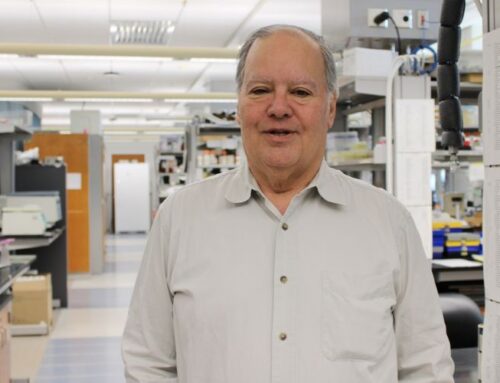Biology Seminar Series: Karl Clark
By: TAMU Biology
 The Department of Biology at Texas A&M University is pleased to announce a seminar featuring Dr. Karl Clark, an esteemed associate professor specializing in precision gene editing. The seminar will take place on Tuesday, April 1, 2025, at 4:00 PM in BSBE 115. Dr. Matt Sachs will host the event.
The Department of Biology at Texas A&M University is pleased to announce a seminar featuring Dr. Karl Clark, an esteemed associate professor specializing in precision gene editing. The seminar will take place on Tuesday, April 1, 2025, at 4:00 PM in BSBE 115. Dr. Matt Sachs will host the event.
Guest Speaker: Dr. Karl Clark
Dr. Karl Clark is an associate professor of precision gene editing in the Department of Animal Science at Texas A&M University in College Station, TX. Dr. Clark earned his Bachelor of Science from the University of Wisconsin-Eau Claire in Biochemistry and Molecular Biology. He attended graduate school at the University of Minnesota, where he trained with Dr. Perry Hackett and contributed to the development of the Sleeping Beauty transposon system, earning his Ph.D. in Molecular, Cellular, Developmental Biology, and Genetics. Dr. Clark worked at Discovery Genomics, Inc., a gene therapy startup in Minneapolis, MN, which was acquired by Immusoft, before returning to the University of Minnesota for postdoctoral training in Dr. Scott Fahrenkrug’s laboratory. There, he helped improve genome-engineering applications in livestock and co-founded Recombinetics, Inc., a company specializing in livestock genome editing. He moved to the Mayo Clinic to work and train with Dr. Stephen Ekker before establishing his own laboratory, focusing on genome engineering, behavioral genetics in zebrafish, and functional genetic testing of patient variants.
Seminar Title: Genome Engineering and Zebrafish Behavioral Genetics
Abstract: Are you feeling resilient or susceptible to stressors today? Our lab group has developed and used various genome engineering tools and behavioral paradigms in the zebrafish to begin to identify genes that play a role in rapid stress responses in vertebrates. Beginning with the development and use of gene-break transposons, we randomly disrupted genes while providing a fluorescent tag to visualize the gene’s expression pattern. To utilize this library of mutant animals for exploring stress biology, we needed to develop methods for evaluating differential stress responses. Behavioral methods that could be used in larval zebrafish were developed and correlated with stressors. However, to prove these connections were beyond correlation, targeted gene mutations using tools like TALENs or CRISPR/Cas9 were implemented to create mutations in core hypothalamic, pituitary, adrenal (HPA) axis receptor genes. Beyond the HPA axis, we are interested in the discovery of new genes implicated in rapid stress responses.
Event Details:
- Date: Tuesday, April 1, 2025
- Time: 4:00 PM
- Location: BSBE 115
- Host: Dr. Matt Sachs
Join us for an insightful seminar that delves into the cutting-edge research on genome engineering and zebrafish behavioral genetics.





